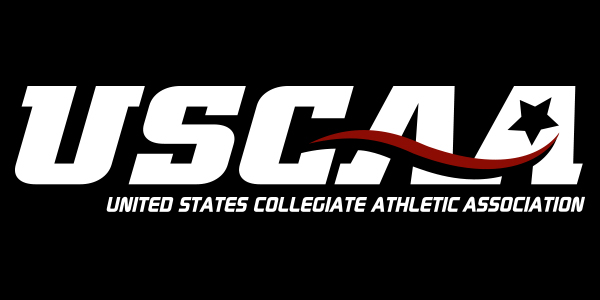Community Life Policies
Title IX Information
Community Life Policies
Non-Discrimination Certification
Trinity College of Florida complies with all Federal and State nondiscrimination laws and is an equal opportunity institution. Trinity College reserves the right to maintain student educational and behavioral standards and employment requirements and standards based upon religious considerations consistent with its role and mission.
Anti-Drug Abuse Act Certification
The Drug-Free Schools and Communities Act Amendment of 1989 (Public Law 101-226), signed by President Bush on December 12, 1989, requires all institutions that receive Federal funds to certify that it has adopted and implemented a program to prevent drug and alcohol abuse by students and employees. The Drug-Free Workplace Act of 1988 (Public Law 101-690) requires a Federal Grant Recipient to certify that it provides a drug-free workplace. Because a school applies for, and receives, its campus-based allocation directly from the Department of Education, the school is considered to be a grantee for the purpose of this Act.
Sexual Harassment
Trinity College of Florida is committed to maintaining high standards of professional ethics in which individuals do not abuse their personal authority in interpersonal relationships. The College personnel and students should not condone actions and/or words which are regarded as sexual harassment. Sexual harassment is defined as repeated and unwelcome sexual advances which interfere with an individual’s work or academic environment, coercive behavior which threatens an employment or academic reprisal, promise of rewards contingent upon obtaining sexual favors, spreading false stories about a person’s sexual conduct, or false accusations regarding sexual harassment. Individuals who believe they have been objects of sexual harassment should advise the VP for Student Development or contact the school’s Title IX coordinator Leslie Rewald at lrewald@trinitycollege.edu
Substance Abuse Policy
All personnel, full-time and part-time, are subject to Federal, State, and Local laws, as well as, regulations set forth by Trinity College. Violation of any of these laws and regulations may result in suspension or permanent dismissal. Trinity College of Florida prohibits the unlawful manufacture, distribution, dispensing, possession, or use of a controlled substance in the workplace. Any student or employee found to be taking part in the unlawful possession, use, or distribution of drugs or alcohol can expect severe disciplinary action up to expulsion or termination of employment and referral for prosecution to civil authorities. Other disciplinary action can include loss of privileges, suspension, and completion of a rehabilitation program. Each disciplinary case will be considered by the severity of the incident, and the prior disciplinary history of the student or employee. Upon completion of a rehabilitation program, the employee or student’s future with the College will be decided by the administration of Trinity College. Each case will be evaluated on an individual basis, taking into consideration the severity of the incident, the evaluation of the rehabilitation service, and the prior disciplinary history of the individual. Trinity College of Florida will provide, upon request, a description of the health risks associated with the use of illicit drugs and the abuse of alcohol, plus information on drug or alcohol counseling, treatment or rehabilitation, or re-entry programs that are available to employees or students.
Hazing
Trinity College prohibits hazing. “Hazing” means any action or situation which recklessly or intentionally endangers the mental or physical health or safety of a student for the purpose of initiation or admission into, or affiliation with, any organization operating under the sanction of Trinity College. Hazing includes, but is not limited to, any brutality of a physical nature, such as whipping, beating, branding, forced calisthenics, exposure to the elements, forced consumption of any food, liquor, drug, or other substance, or other forced physical activity which could adversely affect the physical health or safety of the student, and also includes any activity which would subject the student to extreme mental stress, such as sleep deprivation, forced exclusion from social contact, forced conduct which could result in extreme embarrassment, or other forced activity which could adversely affect the mental health or dignity of the student. Persons engaging in hazing are subject to the disciplinary process of Trinity College as delineated in the Student Handbook.
Title IX Coordinators/Discrimination Complaint Officers
Trinity College’s Title IX Coordinators/Discrimination Complaint Officers are responsible for implementing and monitoring Title IX Compliance on behalf of the College. This includes coordination of training, education, communications, and administration of the Complaint Resolution Procedures for the handling of suspected or alleged violations of this Policy.
The Title IX Coordinators and their contact information are as follows:
Title IX – Leslie Rewald
lrewald@trinitycollege.edu
(727)-569-1391



